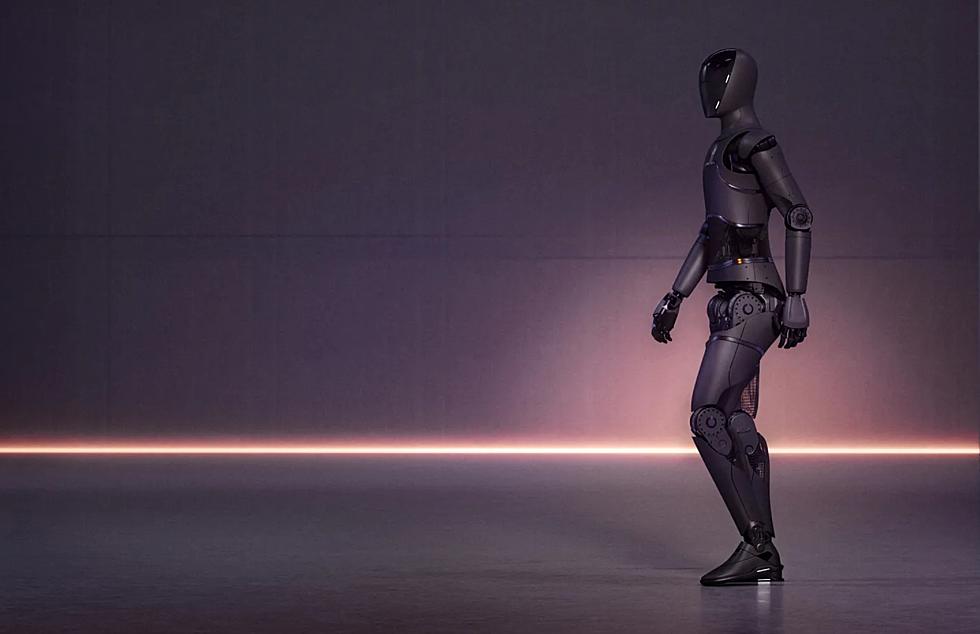
Will This Humanoid Robot Take Your Job? Occupations Most at Risk
Are we sleepwalking into a bad "Terminator" movie? I suspect Arnold Schwarzenegger won't be around to save us if things get ugly. Find a gig that can't be outsourced, automated or done by really smart robots, right? That may be increasingly difficult to pull off. It's not some crazy sci-fi thriller; the robotics revolution is already here. And in the coming years experts predict many of us will lose our jobs and be forced to relocate and re-skill, as robots accomplish tasks that have always been done by flesh and blood humans.
Exhibit A: new start-up Figure is building a prototype of a humanoid robot that can "open doors and use tools; arms and legs allow us to move efficiently, climb stairs, lift boxes, and more." It stands 5' 6", weighs 130 pounds, is fully electric running 5 hours on a charge, and is designed for "warehouse use". There are currently 10 million unfilled jobs in the US, including warehouses, transportation and retail. The founder of Figure says "We should be able to do most jobs — physical labor jobs that humans don't want to do." Uh oh.
There will be nothing democratic or fair about the coming robotics revolution. Certain occupations will be hit harder than others. According to Research.com and Oxford University, the first job sectors to be impacted will be transportation and logistics, office and administration, production labor, service, sales, and construction sectors. Amazon employees working in warehouses are already working with robots that may, increasingly, crowd out the need for people, who take breaks, vacations and often ask for raises. Many companies will find it cost-effective to use robots and automation, powered by increasingly powerful artificial intelligence. Cue the Cyborgs.

White collar as well as traditionally blue collar professions will be impacted, and nobody really knows where this is leading, and whether new emerging occupations will make up for jobs lost to automation and smart robots. Professions that require creativity may be more immune to robotics, and the Oxford University research predicts the Top 10 jobs least likely to be automated:
- Recreational therapists
- First-line supervisors of mechanics, installers, and repairers
- Emergency management directors
- Mental health and substance abuse social workers
- Audiologists
- Occupational therapists
- Orthodontists and prosthetics
- Healthcare social workers
- Oral and maxillofacial surgeons
- First-line supervisors of fire fighting and prevention workers
Small comfort indeed. The average millennial will have dozens of jobs and 2-4 different CAREERS over the span of their working years. The only predictable thing is change, and a new era of automation and very smart and agile humanoid robots may soon be showing up at a job site near you. If you're not just a little bit paranoid... you may not be paying attention.


